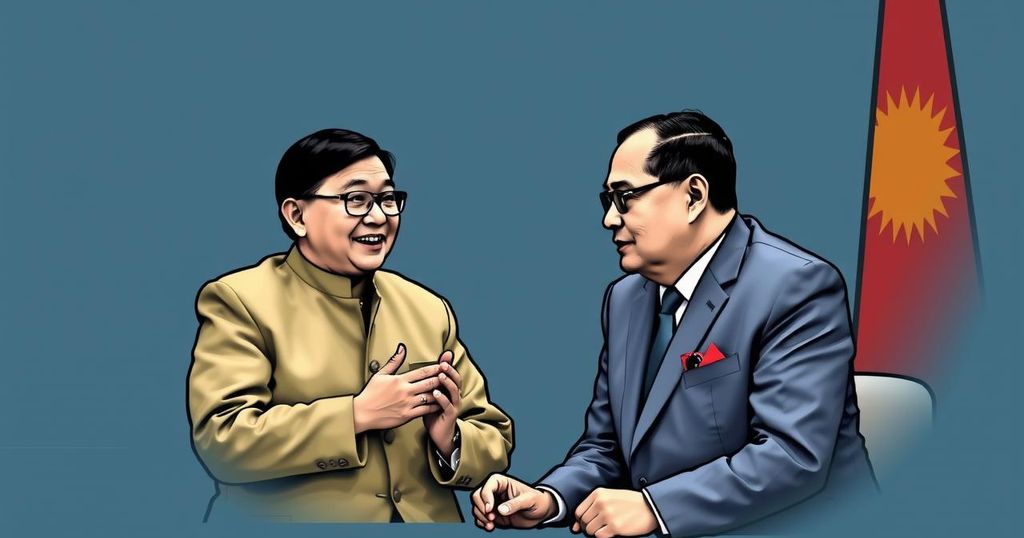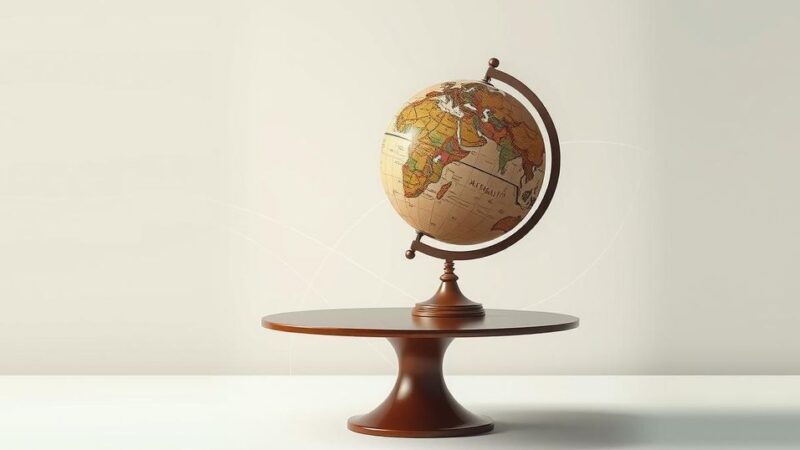Indonesia has joined BRICS as a partner nation, a move that follows months of interest in the group known for its challenge to Western dominance. This announcement came during Foreign Minister Retno Marsudi’s inaugural overseas trip and was revealed at a summit in Russia. The partnership opens doors for economic cooperation but does not confer the rights of full membership.
Indonesia has officially attained partnership status with BRICS, a significant step forward for Jakarta as it seeks to expand its global economic engagement. This development follows months of speculation regarding Indonesia’s aspirations to join the BRICS bloc, which comprises Brazil, Russia, India, China, and South Africa. The announcement was made during Foreign Minister Retno Marsudi’s first overseas trip following her recent appointment, signifying the country’s proactive approach to international diplomacy. The partnership was announced at a summit held in Kazan, Russia, where BRICS leaders convened with various global diplomats to discuss promoting a multipolar global order, crucially amidst rising dissatisfaction with Western-dominated institutions. This year’s discussions, chaired by Russian President Vladimir Putin, focused on crucial topics such as reducing reliance on the United States dollar and broadening membership to facilitate a more inclusive global representation. On the same day, it was reported that 13 nations, including Malaysia, Thailand, Vietnam, Turkey, and Cuba, were granted partner status. However, Kremlin officials clarified that these partners would not have voting rights or full participation in BRICS decisions. Ongoing discussions are expected regarding these nations’ potential transition to full membership in the future.
The BRICS economic bloc, initially comprising Brazil, Russia, India, China, and South Africa, aims to redefine global economic dynamics and challenge the prevailing Western-centric order. Indonesia’s interest in joining BRICS highlights its intent to strengthen its coalition with emerging economies and enhance its influence on the global stage. The recent summit in Kazan illustrates the group’s commitment to fostering multipolarity in international relations and signifies the ongoing evolution of global economic alliances.
Indonesia’s partnership with BRICS marks a pivotal moment in its foreign policy strategy, allowing deeper collaboration with major emerging economies. As Jakarta begins this new chapter, the implications of its status could enhance its economic and strategic foothold in the global arena. Through continued dialogues, Indonesia may explore further integration within the BRICS framework, aspiring to elevate its role on the world stage.
Original Source: www.thejakartapost.com






